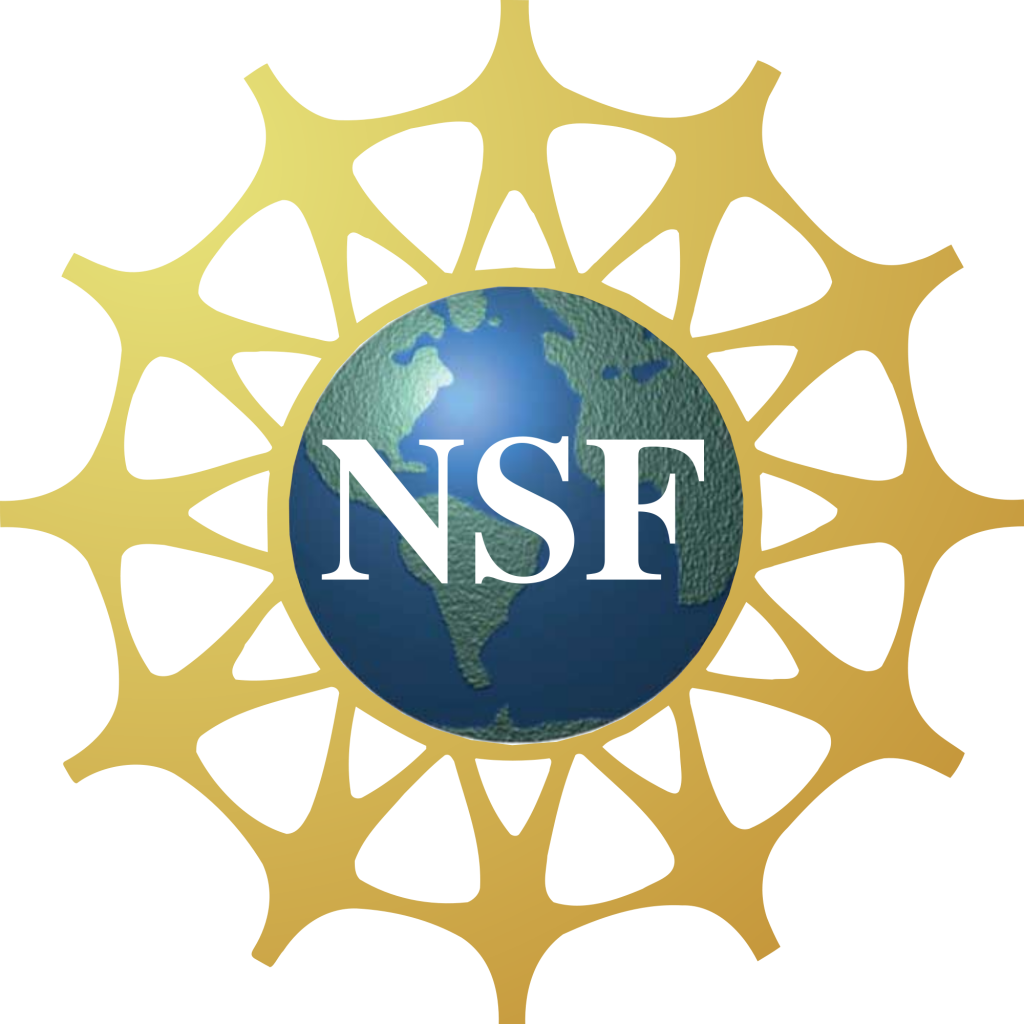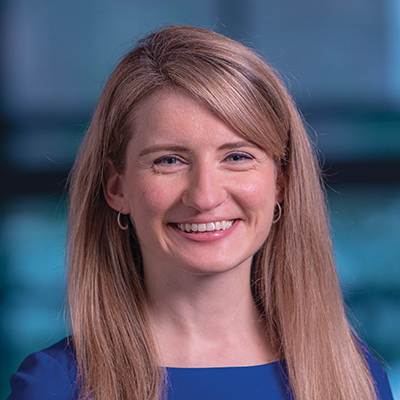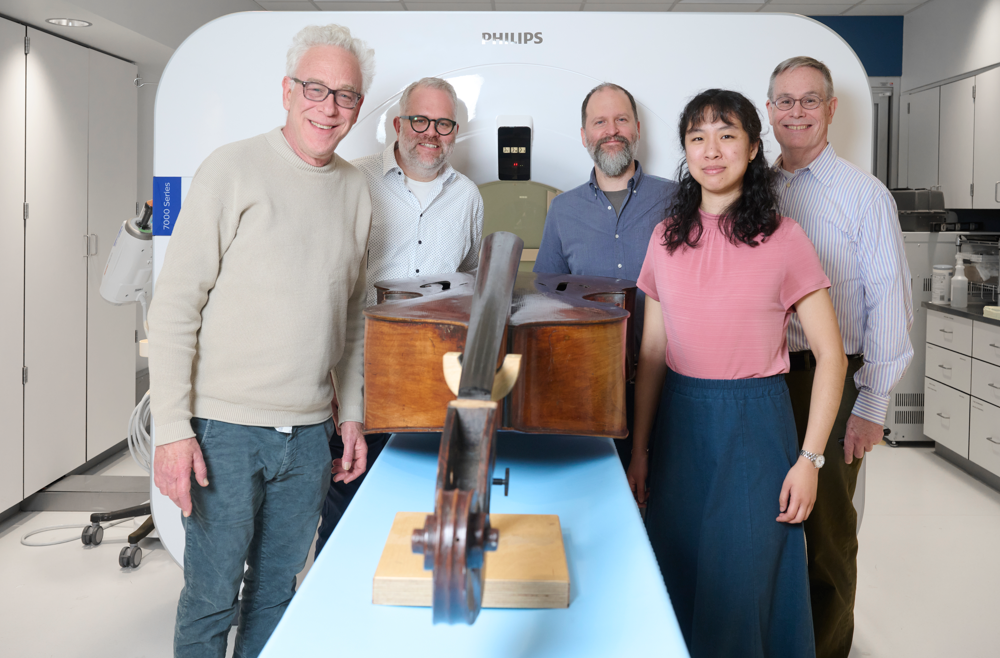
Congratulations to the fifteen Bioengineering students to receive 2024 National Science Foundation Graduate Research Fellowship Program (NSF GRFP) fellowships. The prestigious NSF GRFP program recognizes and supports outstanding graduate students in NSF-supported fields. The recipients were selected from a highly-competitive, nationwide pool. Further information about the program can be found on the NSF website.
The following Ph.D. students in Bioengineering received awards:
Anushka Agrawal – Mitchell Lab
Amanda Bluem – incoming student
Stephen Ching – incoming student, Research Staff in the Hast Lab
Ana Crysler – incoming student, de la Fuente Lab
Ellie Feng – incoming student
Stephen Lee – Alvarez lab
Jenlu Pagnotta – incoming student
Schyler Rowland – incoming student
Rayna L. Schoenberger – incoming student, Gottardi Lab
Eva Utke – incoming student
Delaney Wilde – Bugaj Lab
The following BE undergraduate students also received awards and will be pursuing graduate study:
Aditi Ghalsasi – Recent M&T program graduate (Bioengineering and Finance), Mitchell Lab
Ryan Lim – Recent B.S.E. graduate, incoming Ph.D. student at Harvard-MIT
Angela Song – Recent B.S.E. graduate, Wallace Lab
Dorix Xu – Recent B.S.E. graduate, Center for Neuroengineering and Therapeutics
The following students received honorable mention:
Ekta Singh – Recent Master’s in BE graduate, incoming Ph.D. student, Witschey Lab
Ksenija Tasich – incoming Ph.D. student
Emma Warrner – incoming Ph.D. student



